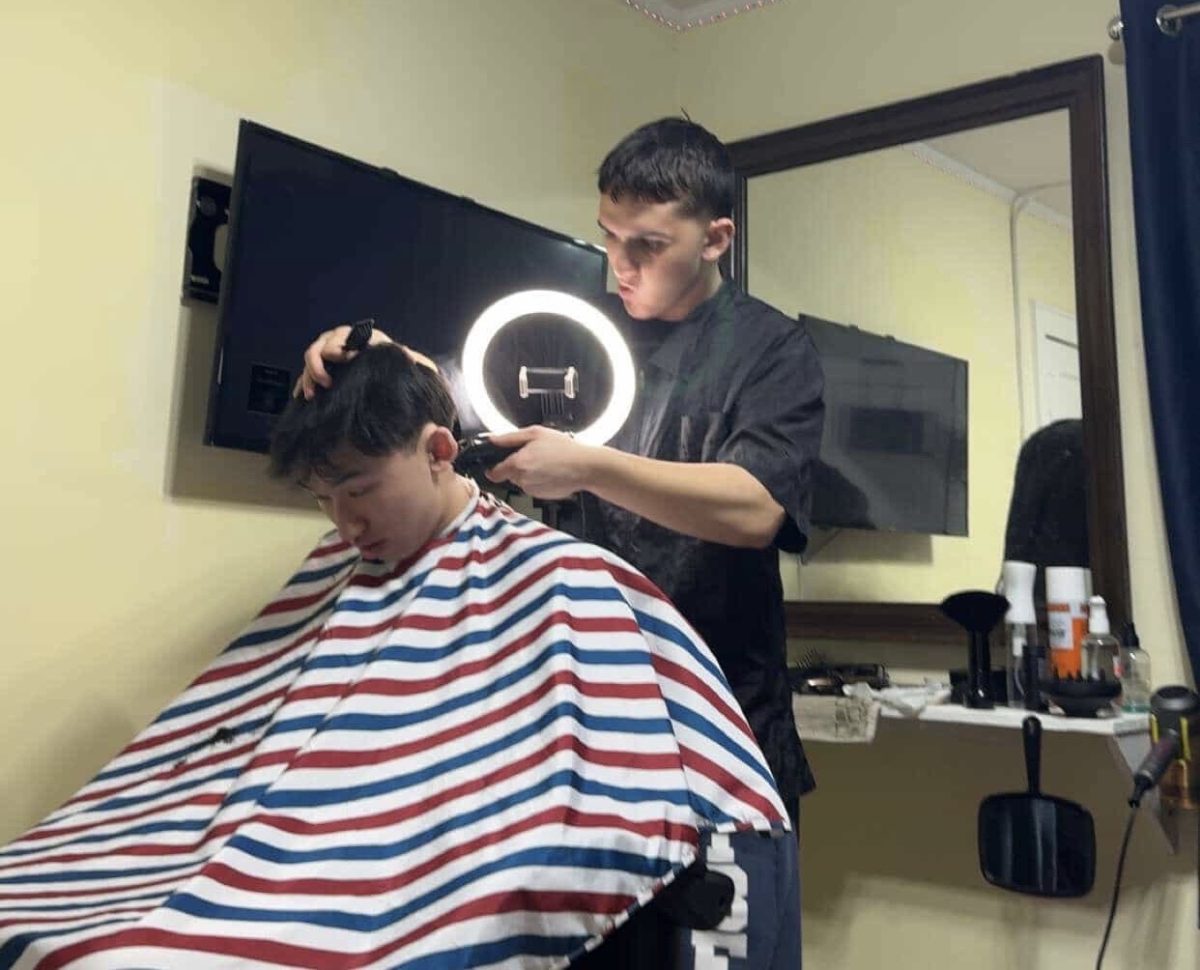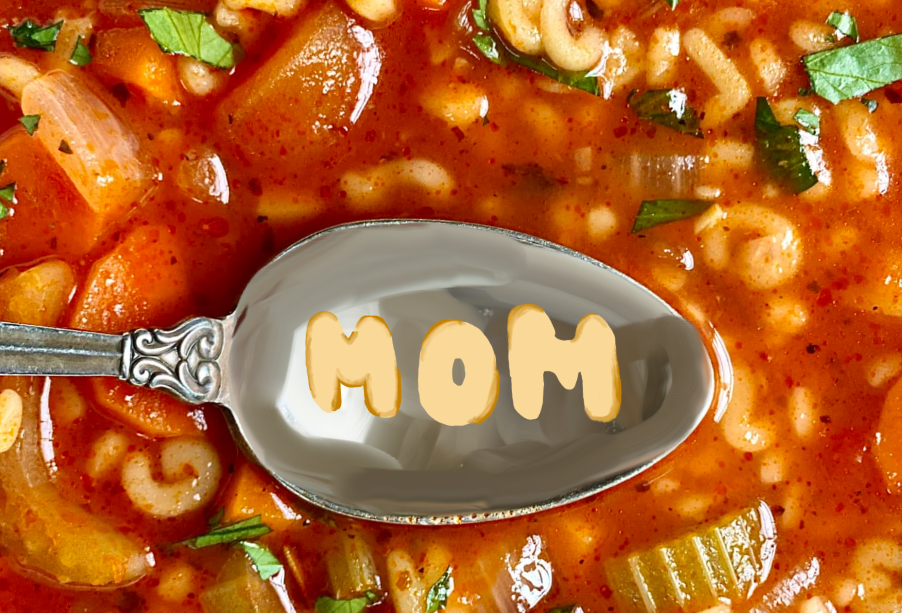By Jacqueline Liao
The DECA Idea Challenge is an annual competition that requires students of all ages to find an innovative way to use an everyday item. In 2015, students were challenged to find a unique and sustainable application for cardboard boxes. Four South students – juniors Haley Raphael, Parker Spector-Salween, Shrinath Viswanathan, and Josephine Zheng – were named 2015 global finalists for their “Cardboard Walks” project, which aimed to create sustainable shoes out of cardboard. Out of over 2,230 teams around the world that submitted ideas, only 16 were named finalists; Cardboard Walks was the only high school team from the United States to be announced as finalists.
“All of us have been in DECA since freshman year, and when [Ms.]Burger and [Mr.] Vine told us about this, we were pretty excited,” Viswanathan said. “DECA has hosted this [competition] for a while now, but this was the first year that our school got involved. We thought it’d be really fun to come up with an idea for a product. A lot of business and entrepreneurship is creativity, and being able to come up with a realistic and useful product is an important skill for any potential business person to have. This challenge really gave us a chance to think of, design, and pitch a product that we believed in.”
“The DECA Idea Challenge seemed like a unique and innovative project, which it proved to be,” Zheng added. “It looked different from any other project done in the classroom. After reading the description of the project, we quickly assembled a team and began brainstorming ideas.”
According to Zheng, the team decided to make enduring shoes after researching diseases that can be contracted from walking barefoot. To create the shoes, the team combined five layers of cardboard to make a sole, added another layer to cover the top of the foot, coated the product with beeswax, and heated the wax to seal the durable and water-resistant shoe.
“Looking at previous years’ finalists and winners, we realized that what DECA was looking for was a product with practical and humanitarian applications,” Viswanathan said. “We decided to come up with a charitable product. Shoes are often what the impoverished lack the most, and we realized that rudimentary shoes could be fashioned using cardboard as their base.“
The project was not completed without its own set of unique obstacles. The competition only allowed students eight days to come up with ideas, make the product, and shoot a three-minute video explaining their project. The team spent the majority of a weekend designing and constructing the shoe, and a few more days shooting the video. Furthermore, the Cardboard Walks team almost created two left shoes and also had to figure out how to make the shoe water-resistant. “I especially enjoyed seeing the success of using the beeswax,” Zheng said. “We were skeptical at first, questioning whether or not cardboard could be made resistant to water. To see the shoes remain dry after we dunked them in water was a particularly proud and rewarding moment.”
Although the team members would like to continue making a difference by producing shoes that are both environmentally-friendly and durable, they admit that it would be difficult to proceed further with their project. “Starting a business, especially one that is product-based, requires a lot of capital and time,” Viswanathan said. “If, however, we find a way to make these efficiently and cost effectively, we would be interested in starting a non-profit to put our idea into action.” Zheng hopes that the team will “continue developing the shoe to guarantee its durability, and maybe one day even be able to distribute them to those who are deprived of this staple good.”





